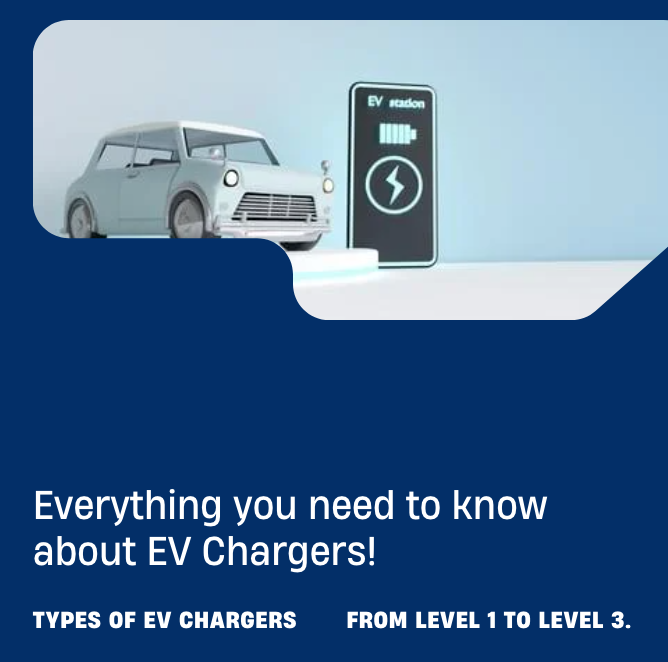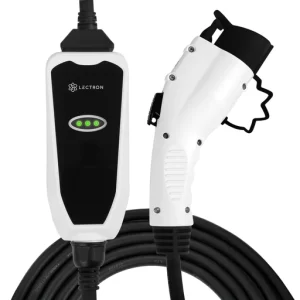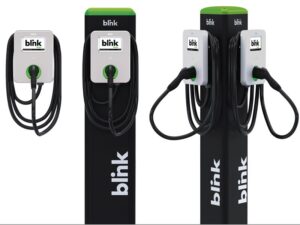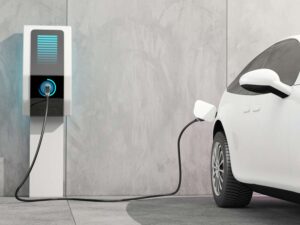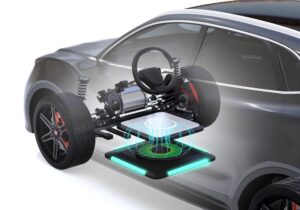Introduction
Electric vehicles (EVs) have revolutionized the automotive industry, offering a cleaner and more sustainable mode of transportation. As the popularity of EVs continues to soar, understanding the various types of EV chargers becomes essential for EV owners and enthusiasts alike. In this blog post, we will delve into the different types of EV chargers available, their unique features, and which scenarios they best cater to, empowering you to make informed decisions about charging your electric vehicle efficiently.
Level 1 Chargers: Basic and Convenient
Level 1 chargers are the most fundamental charging option for electric vehicles. They come as standard equipment with most EVs and utilize a standard 120-volt household outlet. Although slow, with charging rates typically around 4-5 miles of range per hour, Level 1 chargers are convenient for overnight charging at home. If you have access to a regular wall socket, you can plug in your EV without the need for additional charging infrastructure.
| Pros | Cons |
|---|---|
|
|
Level 2 Chargers: Fast and Versatile
Level 2 chargers operate at 240 volts and offer significantly faster charging speeds than Level 1 chargers. With charging rates ranging from 10 to 60 miles of range per hour, Level 2 chargers are well-suited for home installations, workplaces, and public charging stations. They require a dedicated 240-volt circuit and professional installation, making them a popular choice for EV owners seeking more convenience and faster charging times.
| Pros | Cons |
|---|---|
|
|
DC Fast Chargers: Rapid Charging on the Go
DC fast chargers, also known as Level 3 chargers, are designed for rapid charging in public locations. Unlike Level 1 and Level 2 chargers, DC fast chargers provide high-voltage direct current (DC) power directly to the vehicle’s battery. This enables EVs to reach an 80% charge in as little as 20-30 minutes, making them ideal for long-distance travel and charging on the go.
| Pros | Cons |
|---|---|
|
|
Wireless Charging: The Future of Convenience
Wireless charging technology, also known as inductive charging, is an emerging trend in the EV charging landscape. It allows EVs to charge without direct physical connections, using magnetic fields to transfer energy between a charging pad and the vehicle’s receiver. Although still in its infancy, wireless charging holds the promise of even more effortless charging experiences, reducing the need for manual plugging and unplugging.
| Pros | Cons |
|---|---|
|
|
Conclusion
Understanding the different types of EV chargers is vital for optimizing your electric vehicle charging experience. Level 1 chargers are convenient for daily charging at home, while Level 2 chargers provide faster charging for various settings. For long-distance travel and rapid charging needs, DC fast chargers become essential. As technology advances, wireless charging holds the potential to redefine the convenience of charging electric vehicles. Whatever type of charger you choose, embracing electric vehicles and investing in the right charging infrastructure paves the way for a greener, cleaner, and more sustainable future.

